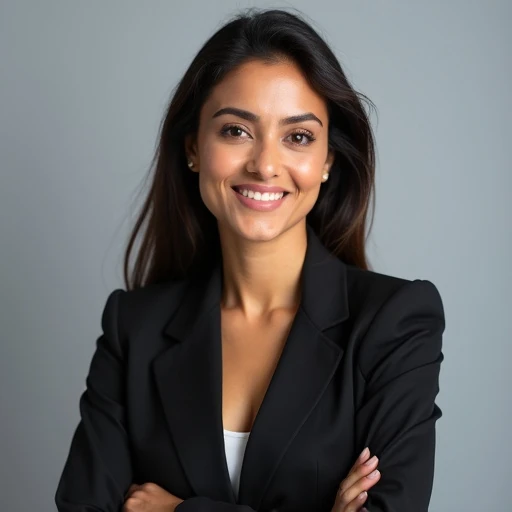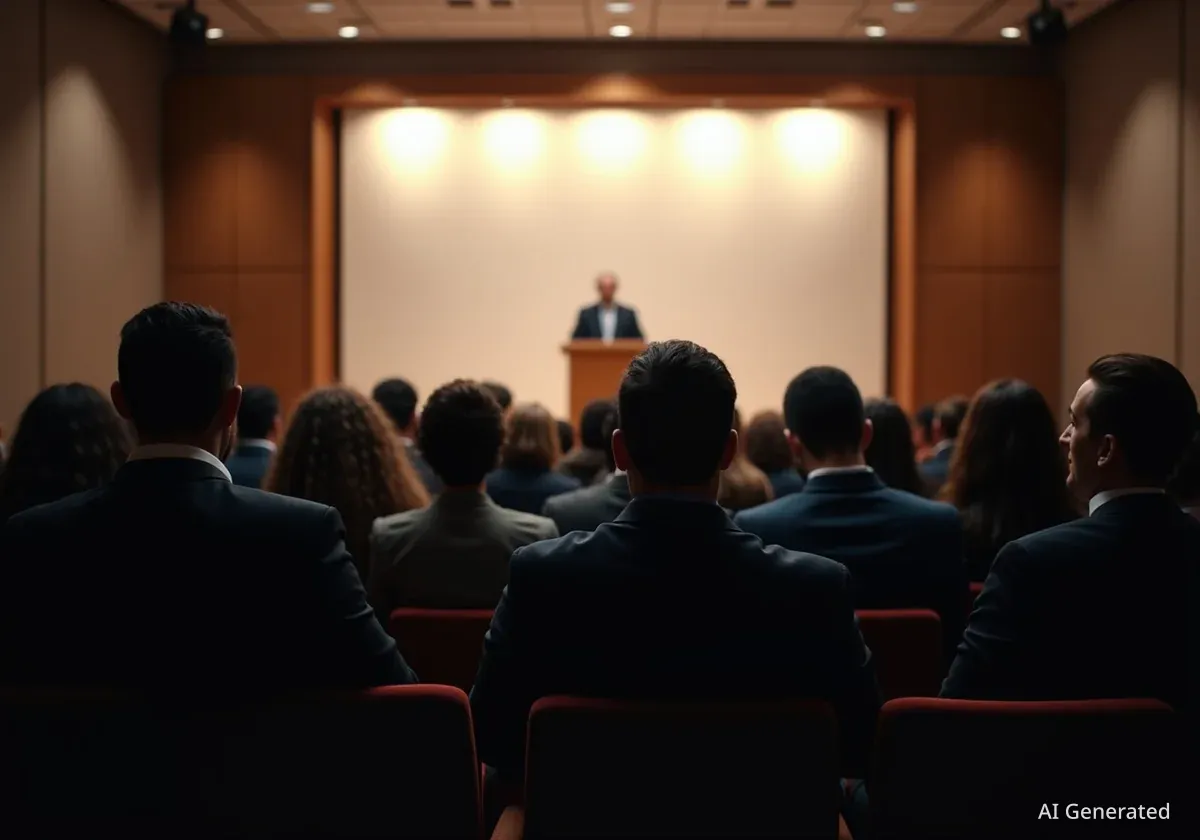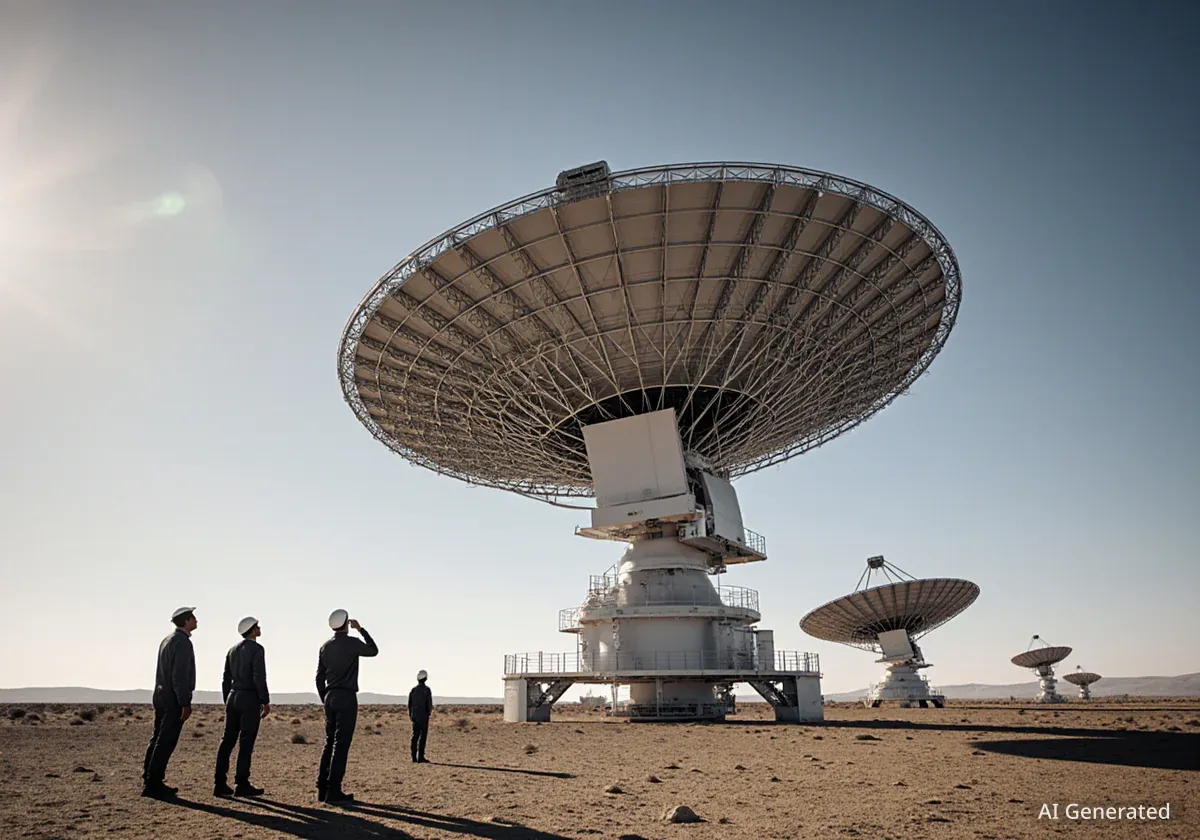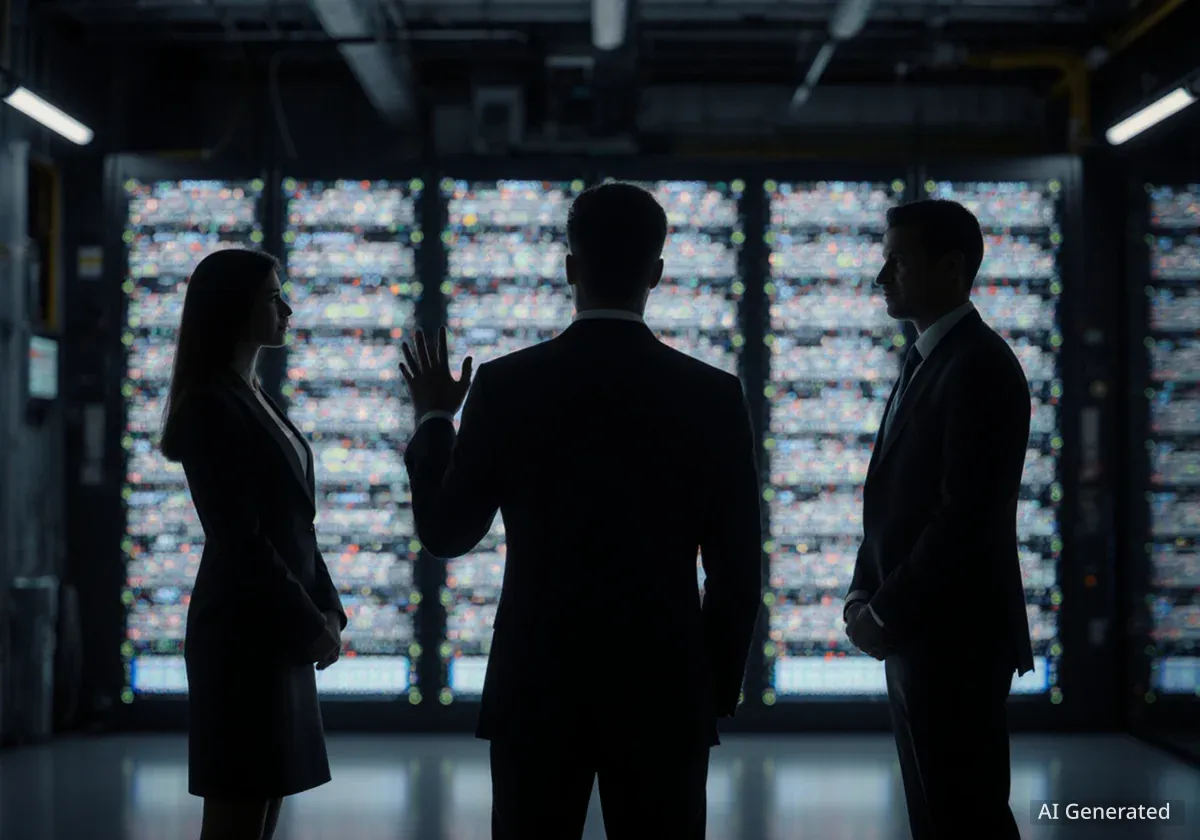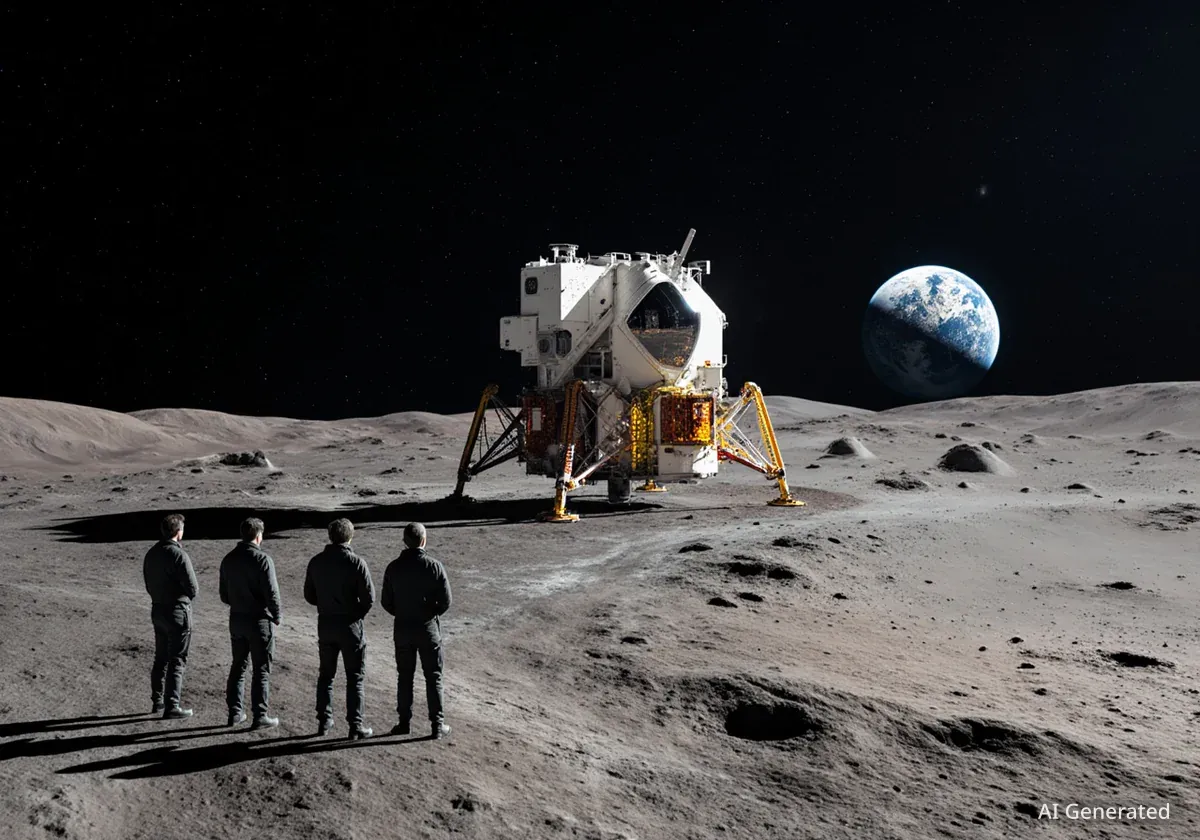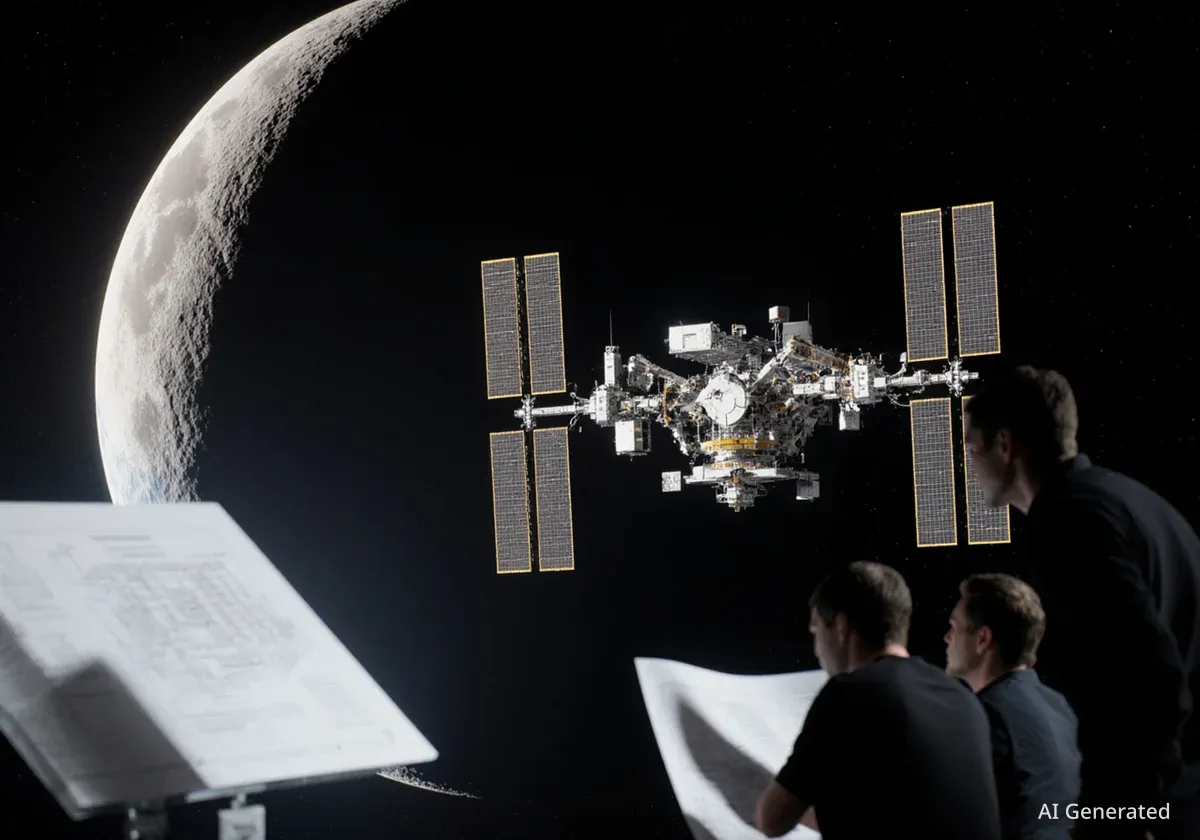Dr. Christer Fuglesang, Sweden's first and only astronaut, completed a significant visit to Thailand on September 26, 2025, to promote international cooperation in space research and science education. The visit, organized in partnership with the Swedish Embassy in Bangkok, included public lectures, high-level meetings with Thai officials, and academic discussions aimed at strengthening scientific ties between the two nations.
The day's events focused on fostering dialogue around space exploration, climate change solutions, and opportunities for joint research initiatives. Dr. Fuglesang engaged with students, scientists, and government representatives, sharing his unique experiences from his missions aboard the International Space Station (ISS).
Key Takeaways
- Dr. Christer Fuglesang, Sweden's first astronaut, visited Bangkok on September 26, 2025, for a series of events focused on space diplomacy and scientific collaboration.
- He met with key Thai organizations, including GISTDA and the Royal Thai Air Force, to discuss joint research in space and climate science.
- Dr. Fuglesang delivered public lectures at the Bangkok Planetarium and Chulalongkorn University, sharing insights on life in space and technological innovations.
- The visit aimed to strengthen the partnership between Sweden and Thailand in the fields of space research, education, and innovation.
Public Engagement at Bangkok Planetarium
Dr. Fuglesang's diplomatic mission began at the Bangkok Planetarium, a central hub for science education in the city. His activities there were designed to connect with the public and inspire interest in space exploration. He started by recording an interview, providing a platform to share his journey into space with a wider audience.
Following the interview, he delivered a public presentation detailing his experiences as an astronaut. According to the Swedish Embassy, his talk emphasized how scientific endeavors, particularly space exploration, can serve as a powerful tool for fostering international cooperation and driving innovation that transcends national borders.
Who is Dr. Christer Fuglesang?
Dr. Christer Fuglesang is a physicist and an European Space Agency (ESA) astronaut. He became the first Swedish citizen in space during his mission STS-116 in 2006, where he flew aboard the Space Shuttle Discovery. He completed a second spaceflight, STS-128, in 2009, accumulating over 26 days in space and performing five spacewalks.
High-Level Dialogue on Space and Climate
A key component of the visit was a strategic luncheon hosted by the Swedish Ambassador in Bangkok. This event brought together influential figures from various Thai and Swedish organizations to explore concrete opportunities for collaboration. The discussions were focused and goal-oriented, aiming to identify areas of mutual interest.
Attendees at this important meeting included representatives from several key agencies:
- Geo-Informatics and Space Technology Development Agency (GISTDA): Thailand's primary space agency, responsible for remote sensing and satellite technology.
- Chulalongkorn University: One of Thailand's leading research universities.
- The Royal Thai Air Force: Involved in national security and aerospace applications.
- Thailand’s Department of Climate Change and Environment: The government body focused on environmental policy.
- SAAB: The Swedish aerospace and defense company with operations in Thailand.
The conversation centered on establishing joint initiatives in space research and developing technology to address climate change. This meeting laid the groundwork for future partnerships between Swedish and Thai institutions in these critical sectors.
Fostering International Partnerships
Space diplomacy often involves astronauts acting as goodwill ambassadors to promote scientific collaboration. These visits help build trust and create informal channels for communication between national space agencies, research institutions, and technology companies, often leading to formal agreements and joint projects.
Academic Exchange at Chulalongkorn University
The afternoon agenda shifted to an academic setting at Chulalongkorn University, where Dr. Fuglesang engaged directly with the next generation of scientists. He held a dedicated meeting with physics scholars, providing an opportunity for in-depth discussion on current research and scientific challenges.
This was followed by a comprehensive public lecture that covered a range of compelling topics. Dr. Fuglesang provided a firsthand account of daily life aboard the International Space Station, offering insights into the challenges and rewards of living and working in a microgravity environment. He also discussed recent advancements in space science, highlighting new discoveries and emerging fields of study.
Sunshade Technology and Climate Mitigation
A particularly notable part of his lecture focused on innovative solutions to climate change. Dr. Fuglesang elaborated on the concept of sunshade technology, a form of geoengineering that proposes using large structures in space to block a small fraction of solar radiation from reaching Earth, thereby helping to cool the planet.
"The visit underlined the shared commitment of Sweden and Thailand to expand cooperation in space research, education, and innovation," the Swedish Embassy stated in a summary of the event.
This forward-looking topic sparked considerable interest, connecting the frontiers of space exploration with urgent terrestrial problems. It showcased how space-based technology could play a role in global environmental strategies.
Strengthening Bilateral Scientific Cooperation
Dr. Fuglesang's visit was more than a series of lectures; it was a strategic diplomatic effort to reinforce the scientific relationship between Sweden and Thailand. By bringing together government, academia, and industry, the event created a multi-faceted platform for dialogue.
The interactions throughout the day were designed to build momentum for future collaborations. The discussions with GISTDA and other Thai agencies signal a clear intent to move beyond theoretical cooperation and into practical, joint projects. These could range from shared satellite data analysis for environmental monitoring to student exchange programs and collaborative research grants.
Ultimately, the visit successfully highlighted a mutual desire to leverage science and technology for shared goals. As confirmed by the Swedish Embassy, the event served as a catalyst, reinforcing the foundation for a more robust and active partnership between the two countries in the ever-expanding domains of space and science.
